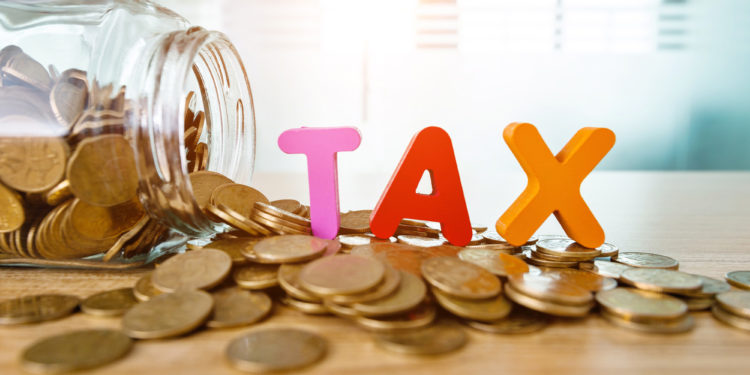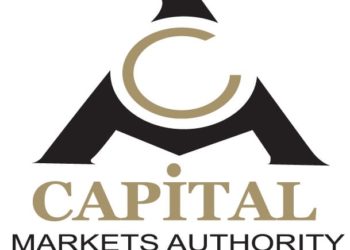The Kenyan government is confronting a significant surge in tax refund claims from businesses, with the outstanding amount escalating to a formidable KES 16.3 billion as of October 2023, compared to KES 12.3 billion recorded in May 2023.
This sharp increase, fueled by an additional KES 4.0 billion in claims between May and October 2023, compounds the financial pressure on traders who are already grappling with liquidity constraints.
According to the 2024 Budget Policy Statement (BPS) issued by the National Treasury, the majority of these refund claims, precisely 83.0%, are associated with value-added tax (VAT), highlighting the significant impact on businesses operating within the VAT framework. The remaining claims relate to income tax, further complicating the fiscal landscape for both the government and affected businesses.
The Kenya Revenue Authority (KRA) revealed that as of October 31, 2023, outstanding tax refund claims totaled KES 16.3 billion, with KES 2.8 billion attributed to income tax refunds and KES 13.6 billion earmarked for VAT reimbursements. This notable increase from previous figures, which amounted to KES 12.0 billion in May 2023, underscores a concerning trend that accentuates the growing financial burden on businesses awaiting reimbursements.
RELATEDPOSTS
VAT refunds, predominantly claimed by businesses involved in the sale of zero-rated goods and services, such as essential items like maize flour and cooking oil, play a critical role in shielding vulnerable segments of society from the impacts of high living costs. However, government efforts to streamline zero-rated items as part of fiscal reforms aimed at enhancing tax revenues have inadvertently contributed to delays in VAT reimbursements, exacerbating financial strain on businesses.
Aligned with conditional agreements with international financial institutions like the International Monetary Fund (IMF), Kenya has initiated efforts to rationalize tax exemptions and streamline fiscal policies to boost revenue generation and reduce budget deficits. While these measures aim to reinforce fiscal sustainability, the unintended consequence has been a surge in VAT refund claims, posing challenges for businesses reliant on prompt reimbursements to sustain operational liquidity.
The Kenya Association of Manufacturers (KAM) has expressed concerns regarding the delayed benefits resulting from tax exemptions on raw materials and inputs for key sectors such as paper, steel, and cement manufacturing. This delay in realizing anticipated benefits underscores the intricacies inherent in fiscal policy implementation and underscores the gap between policy intent and practical outcomes on the ground.
Looking forward, addressing the mounting tax refund claims necessitates a multi-faceted approach that balances fiscal prudence with the imperative of supporting businesses, particularly those operating in sectors vital for economic growth and job creation.
Timely reimbursements not only alleviate financial strain on businesses but also cultivate an environment conducive to investment and economic productivity, ultimately contributing to sustainable economic development.
















